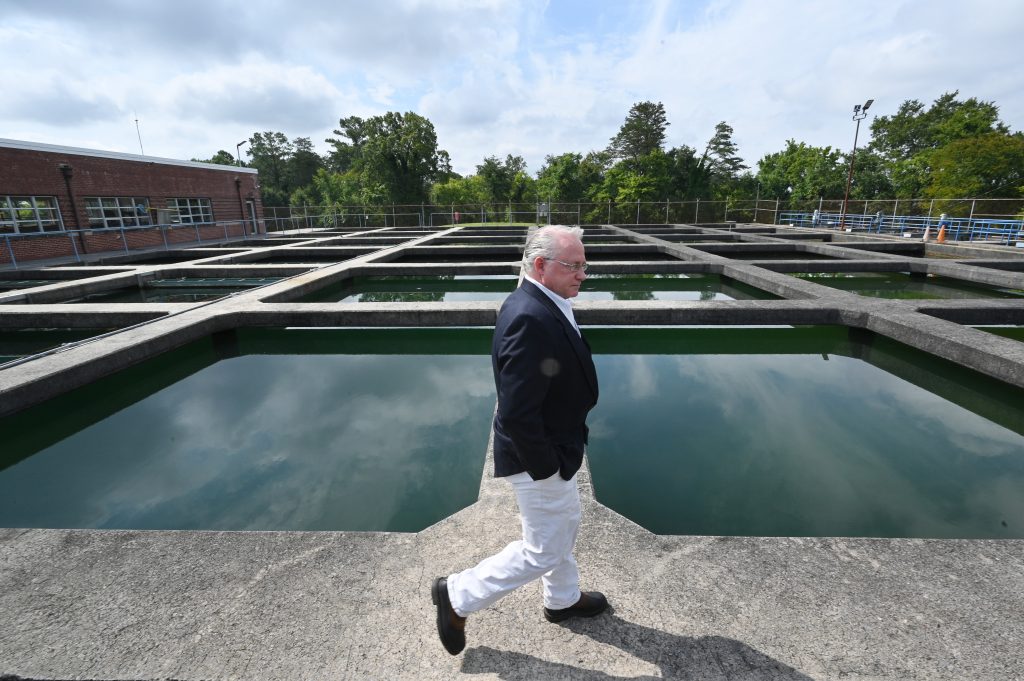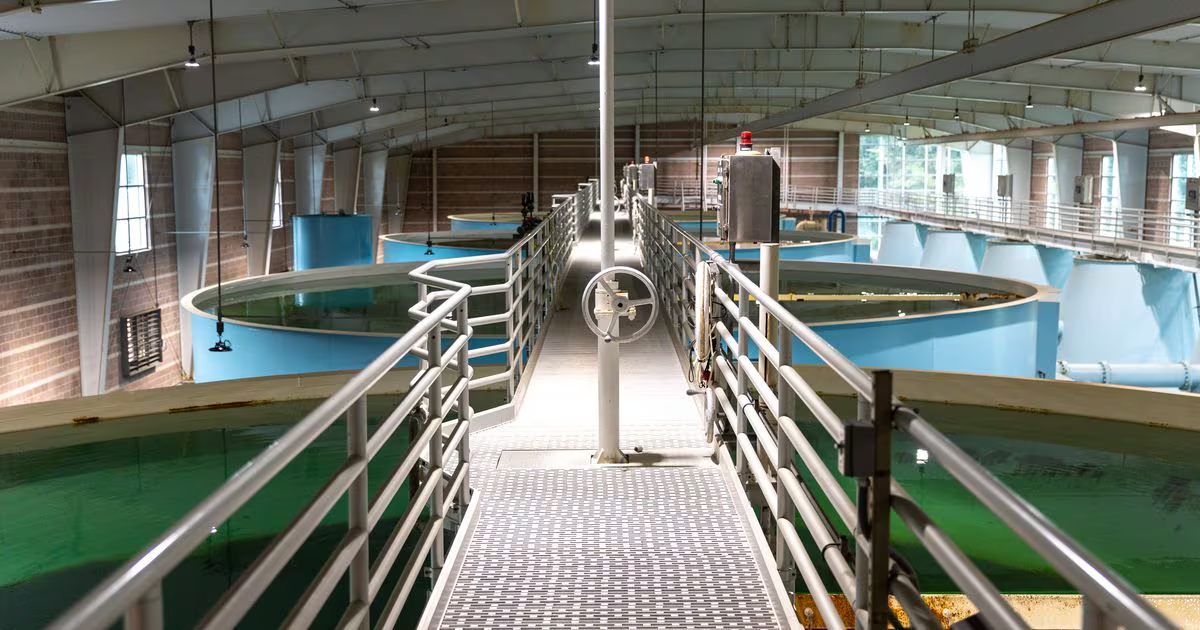In a significant development, the U.S. Environmental Protection Agency (EPA) has earmarked over $125 million for Georgia, specifically aimed at drinking water and clean water infrastructure upgrades.
This funding is part of a massive $50 billion investment outlined in the 2021 Bipartisan Infrastructure Law, marking the largest investment in American history for water infrastructure.
EPA Administrator Michael S. Regan highlighted the transformative impact of this funding, emphasizing its role in enhancing drinking water safety and rebuilding critical clean water infrastructure.
Nearly half of the $50 billion will be accessible as grants or principal forgiveness loans, prioritizing underserved communities with pressing water infrastructure needs.
Senator Jon Ossoff emphasized the allocation’s significance, particularly in removing lead pipes to ensure the health and safety of families. Across the nation, many cities face challenges with ageing water systems, broken or lead pipes, and outdated wastewater treatment plants, as highlighted on the EPA’s website.

Representatives Hank Johnson and Nikema Williams stressed the critical need for these funds in addressing various water infrastructure challenges, including toxic lead pipes, sanitation improvements, and the removal of contaminants like PFAS, known as “forever chemicals.”
The allocated funds for Georgia are part of a substantial $5.8 billion investment through the Clean Water and Drinking Water State Revolving Funds (SRF), key EPA water investment programs.
Related Articles:
- Local Teen’s Battle with Lyme Disease: A Warning for Others
- Marching Forward: Six Local Boys High School Basketball Teams Head to State Semifinals
- Alert: U.S. Secret Service Warns New Yorkers About Rising Romance Scams
This investment includes $2.6 billion for wastewater and stormwater infrastructure through the Clean Water SRF and $3.2 billion for drinking water infrastructure through the Drinking Water SRF nationwide.
This historic funding is poised to address long-standing water infrastructure needs, underscoring the fundamental right to clean water for all, irrespective of geographical location or financial status.















+ There are no comments
Add yours